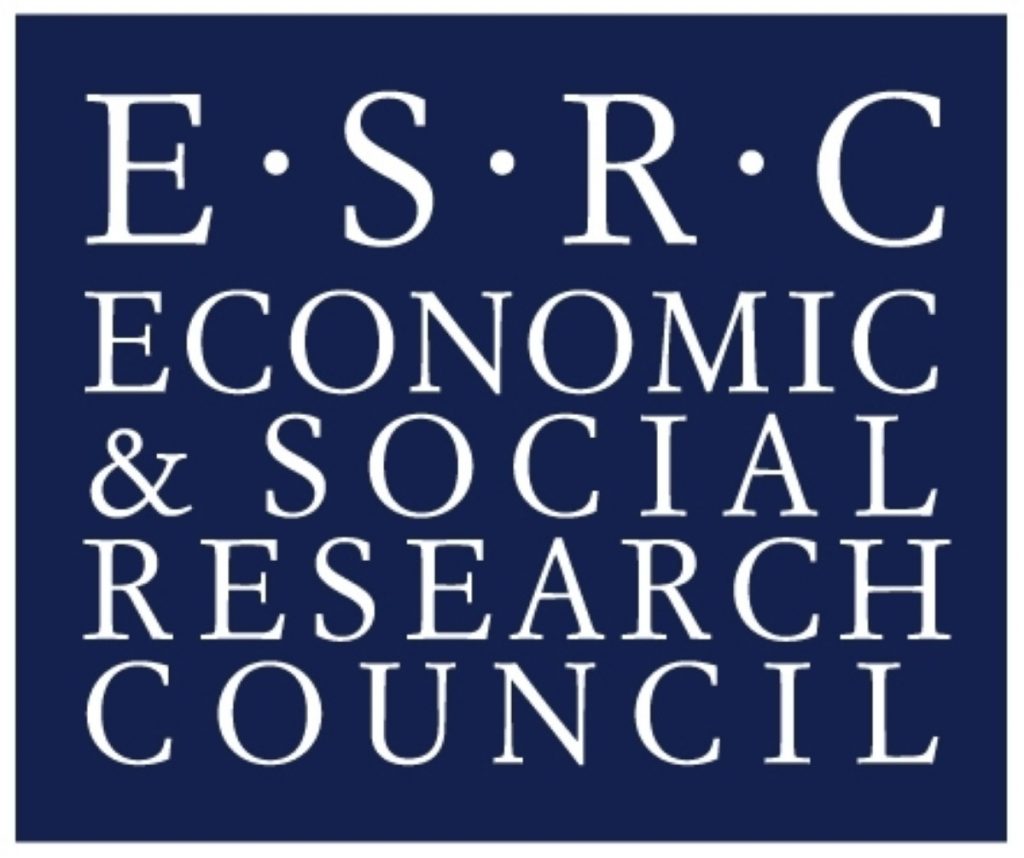Festival of Social Sciences: Celebrating the Social Sciences
by Louise McCudden
Evidence-based policy should not be a radical concept. It needs to be celebrated.
When you hear people talk about David Willetts, especially his critics, a curious thing often happens: you often find the criticisms levied at him are things that ought not to be criticisms at all.
If “intellectual” can be said as sneeringly as it so often is, then what of the nickname “two-brains”, afforded to David Willetts and spat out as if it were a curse by some?
David Willetts, says Richard Reeves, a former director of Demos, instead of making simplistic claims, is always “the guy who says, ah, it’s more complicated than that.”
The fact is, Willietts is more focused on detail and evidence, instead of political meat and personality. And this is, somehow, not seen as an entirely positive trait.
It might be a reason why he’s never been a serious candidate for the Tory leadership, but he can console himself with the knowledge that at least it makes him brilliantly placed to speak at an event like ‘Celebrating the Social Sciences,’ hosted by the Economic and Social Research Council as part of their Festival of Social Sciences.
Why? Well, because similar “criticisms” are regularly flung at the door of social scientists.
It is ridiculous in many ways that there is even such a thing as “evidence-based policy”, in the sense that, surely, it prompts anyone sensible to ask: "Er, yes, of course policies should be evidence-based. What else should they be based on?”
The very fact that we need such a definition, the very fact that social scientists need to work so hard to be included in policy discussions to the same extent as, say, economists (held in high esteem as being infallible, such as they are these days, naturally…), could be symptomatic of something deeper than social scientists being bad lobbyists.
Mark Easton from BBC says in his speech that he attributes the lack of recognition of the social sciences to an over-intellectualisation on their part. He says social scientists tend to equivocate on their conclusions; let the research speak for itself, leaving the issue open for discussion, but just within a new evidential framework. This makes it hard for headline writers, says Mr Easton, and politicians, who, unfortunately, usually need some kind of narrative to sell us when they adopt a particular policy or strategy.
Mr Easton isn’t wrong, of course; the intellectual nature of social sciences does facilitate the prejudice that they are irrelevant or of no practical use, making valuable social scientific evidence far too easy to ignore.
But that dismissal of social sciences really does seem to be wrong. A simple video shown at the event from the Economic and Social Research Council was a great demonstration of just how wrong it is.
The video showed how soldiers in Afghanistan have been able to develop better military strategies because of sociological research, while women’s groups abroad have been able to provide extra access to education for young Muslim girls. Of course, it takes other vocations to put into action the findings of these social scientists, but without social scientists, the action would have been entirely wasted in many cases.
It took social scientists, for instance, to understand that parents in countries where girls are denied an education were not opposed to educating their daughters in principle, but very often simply wanted a certain kind of education – namely, one which is set within a religious context – for their daughters, and if that wasn’t available (which it usually wasn’t), they would choose no education at all as the lesser of two perceived evils. But by working with the parents and making sure they supported the education schemes on offer, young girls were able to access an education, a chance of independence, and a richer life – in more ways than one.
Another powerful interview from the video was with Lisa Butter, a young woman who impressed everyone I spoke to at the event with her maturity and calm understanding of mental health.
Lisa managed to turn her own experiences of mental illness into a triumph; not just for herself, but for hundreds of others, by going around the country giving talks, by helping sufferers, sometimes people with no other voice or outlet at all, to create and publish art, and by providing people who find conventional therapies have not worked for them with an alternative therapy, and a good support network.
It is this combination of socially scientific research into what works and what doesn’t work, coupled with the unique, hands-on experience of someone like Lisa Butter who has survived a serious mental illness, understood the reasons why conventional therapies don’t work for everyone, and is now able to use the research of social scientists to help other sufferers, that best demonstrates why social scientific research is so special.
Projects with no headline grab or with no immediate economic value get shunted aside all too often in policy-making. But economic hat-tips and short-term monetary goals do not seem to have served society well in recent times, do they?
Without social scientists looking at the bigger picture, considering the long-term, we have seen what the opposite of “evidence-based policy-making” looks like: crash and burn politics.
Let us all hope that ministers like David Willetts are not just paying lip-service to the social sciences, and he – and his colleagues – are serious about making policies based on evidence not ideology. It is of enormous importance to everyone that this happens.





-01.png)